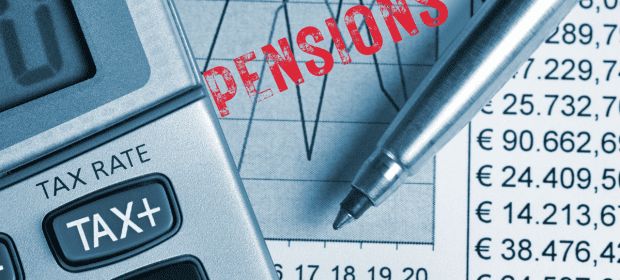I have been asked this question, more than once. Some clients are embarrassed to ask. Others have simply lost sight of their pension for one reason or another and have no idea how to track it (or them) down.
Why am I telling you this? Well, recently the UK Government announced that there is over £400 million of lost pensions sitting with various pension and insurance companies in the UK – left behind by former employees who have either moved abroad, are unaware that they had a pension (it’s more common than you would think), or simply have not kept track of their pension. In fact, figures show that four out of five people will lose track of at least one pension over the course of a lifetime.
How can this happen?
It is surprisingly easy for people to lose track of their pension(s). Firstly, because people frequently move around for work. As the former Minister for Pensions, Baroness Ros Altmann said:
“People have had on average 11 jobs during their working life which can mean they have as many work place pensions to keep track of…”
That’s a lot of paperwork to keep on top of and to be fair, most people will only really think of their pensions when they are close to retirement. Which brings me to the second point.
We can and do lose contact with the companies which administer our pensions. The most common reason for this is that pension and insurance companies have merged, and hence brand names have disappeared. For example, a company called Phoenix Life owns more than 100 old pension funds. Its list includes schemes from Royal & Sun Alliance, Scottish Mutual, Alba Life, Pearl Assurance, Britannia Life and Scottish Provident. This invariably leads to a lot of frustrated people looking for their money. It will perhaps surprise you that neither the Association of British Insurers nor the Financial Conduct Authority have a comprehensive list of which company owns which funds.
OK, how can I track down my pension?
Glad you asked. We can help with that, of course. We would need as much information from you as possible which, depending on the type of pension, would include:
Personal Pension
- The name and address of the pension scheme (you may find that this has changed)
- The bank, building society or insurance company that recommended or sold the scheme
- Policy/NI Number
Work Pension
- The company you worked for and if they have changed names/address since you left
- Dates you worked there
- When you started contributing to the scheme and when you finished
- Employee/NI number
Obviously, the more information that you can provide, the easier it will be to locate your money. However, we will work with what you’ve got to explore all possible options.
Some companies are more efficient and responsive than others when it comes to handling enquiries on historic pensions, even when the original policy documentation is available. It can take years to locate and recover lost funds. You can fight the battle yourself; or we can pursue on your behalf until we get a satisfactory outcome.
Another reason to review your work pension(s) is that transfer values for defined benefit, or final salary, schemes are at record highs. Depending on the company, valuations are higher than most people anticipate. For example, a pension projected to pay £8,000 per year could have a transfer value of over £285,000, well in excess the average house value in the UK!
I’ve got my pension(s). What next?
Depending on your age and circumstances, transferring an existing pension into a new scheme may be beneficial, including if you have more than one pension. Consolidating existing arrangements removes the need to monitor numerous pensions and, perhaps more importantly, allows you to optimise returns from a single, personalised investment strategy, often with greater flexibility over the timing and amount of payments and in your preferred currency.
Ahead of any potential transfer, the first step is to determine whether a transfer is in your best interests. A responsible adviser will always complete a detailed and objective review of your current position and plans. A transfer may not be appropriate, for a variety of reasons – for example if it means the loss of valuable guaranteed benefits – so it is essential to consult only a suitably authorised, qualified and experienced adviser. A proper assessment will enable you to make an informed decision on whether a transfer is best for you.
If you do proceed with a transfer, as part of the exercise you should also expect ongoing advice on matters such as investment performance and outlook, together with guidance on the suitability of the scheme following, or ahead of, a change in your circumstances.
For help with locating and reviewing your UK pension(s), please contact me either by email emeka.ajogbe@spectrum-ifa.com or phone: +32 494 90 71 72.











